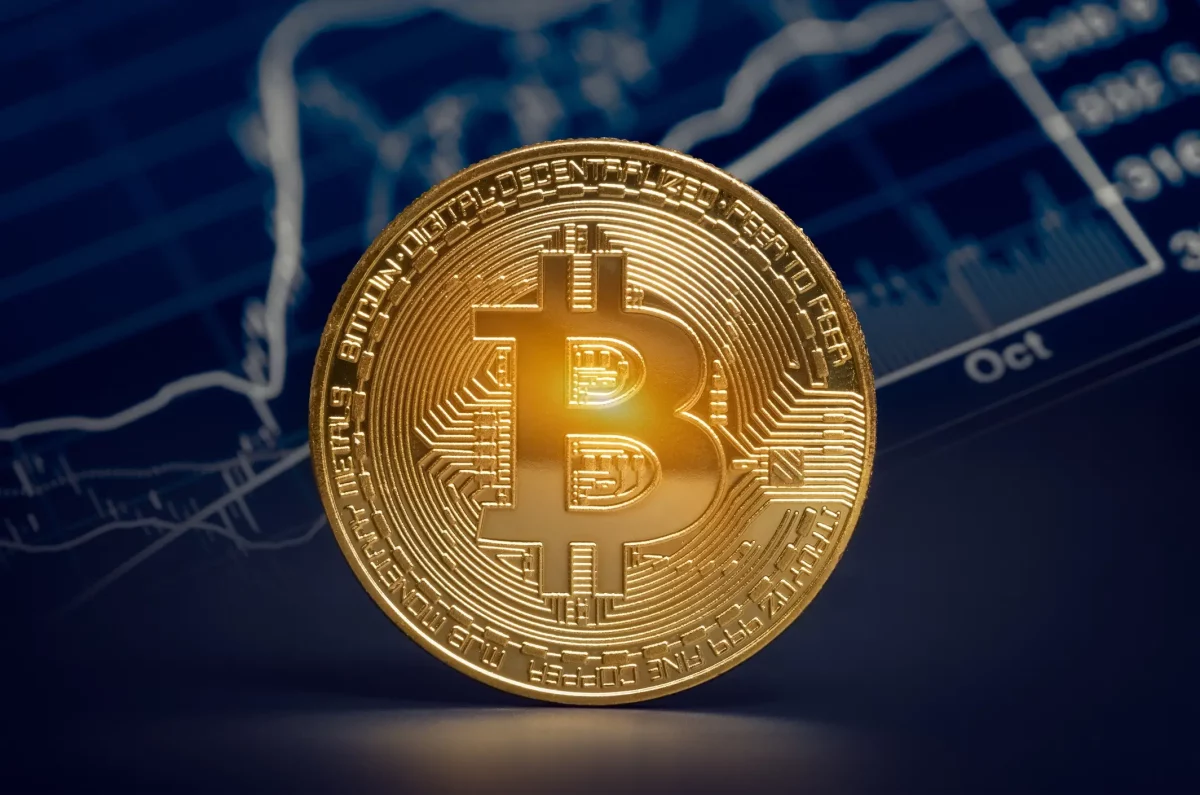How Much More Bitcoin Does Mt.Gox Have Left?
27.07.2024 8:30 2 min. read Alexander Stefanov
A decade after the collapse of Mt. Gox, creditors have finally started receiving their Bitcoin (BTC) repayments, facilitated by the US-based exchange Kraken.
This has raised concerns about the possible market impact, as an influx of BTC might increase selling pressure and drive down prices.
Interestingly, many of these creditors are choosing to hold onto their Bitcoin, reflecting a positive long-term outlook for the cryptocurrency. Despite this, data from Arkham Intelligence reveals that Mt. Gox still holds over 80,000 BTC, valued at approximately $5.37 billion, which could still affect the market if released in large quantities.
Arkham’s records show a reduction in Mt. Gox’s Bitcoin reserves from 142,000 BTC to 80,000 BTC in a few weeks, indicating significant distribution to creditors. While some have sold their Bitcoin, contributing to market volatility, others are retaining their assets, showing confidence in Bitcoin’s future potential.
The market initially reacted strongly, with Bitcoin’s price dipping below $54,000, influenced by both the anticipated selloffs and other market factors like the sale of seized Bitcoins by the German State of Saxony. However, the situation has since stabilized.
Ongoing repayments have been managed well, preventing major price drops. For instance, recent transactions to Bitstamp haven’t significantly increased Kraken’s trading volumes, suggesting controlled selling pressure. Bitcoin’s price has even risen by 5% to $67,085 in the past 24 hours. As the repayment process continues, the market will be closely monitoring Bitcoin’s response.
-
1
Elon Musk Unveils His Own ‘America Party,’ Signals Pro-Bitcoin Political Shift
07.07.2025 11:40 2 min. read -
2
Bitcoin Blasts Past $121,000 as Institutions Fuel Rally—Will Altcoins Follow?
14.07.2025 8:15 2 min. read -
3
Bitcoin: What to Expect After Hitting a New All-time High
10.07.2025 14:00 2 min. read -
4
Peter Brandt Issues Cautious Bitcoin Warning Despite Bullish Positioning
10.07.2025 20:00 2 min. read -
5
Vanguard Now Owns 8% of Michael Saylor’s Strategy, Despite Calling BTC ‘Worthless’
15.07.2025 17:09 2 min. read
Global Money Flow Rising: Bitcoin Price Mirrors Every Move
Bitcoin is once again mirroring global liquidity trends—and that could have major implications in the days ahead.
What is The Market Mood Right Now? A Look at Crypto Sentiment And Signals
The crypto market is showing signs of cautious optimism. While prices remain elevated, sentiment indicators and trading activity suggest investors are stepping back to reassess risks rather than diving in further.
What Price Bitcoin Could Reach If ETF Demand Grows, According to Citi
Citigroup analysts say the key to Bitcoin’s future isn’t mining cycles or halving math—it’s ETF inflows.
Is Bitcoin’s Summer Slowdown a Buying Opportunity?
Bitcoin may be entering a typical summer correction phase, according to a July 25 report by crypto financial services firm Matrixport.
-
1
Elon Musk Unveils His Own ‘America Party,’ Signals Pro-Bitcoin Political Shift
07.07.2025 11:40 2 min. read -
2
Bitcoin Blasts Past $121,000 as Institutions Fuel Rally—Will Altcoins Follow?
14.07.2025 8:15 2 min. read -
3
Bitcoin: What to Expect After Hitting a New All-time High
10.07.2025 14:00 2 min. read -
4
Peter Brandt Issues Cautious Bitcoin Warning Despite Bullish Positioning
10.07.2025 20:00 2 min. read -
5
Vanguard Now Owns 8% of Michael Saylor’s Strategy, Despite Calling BTC ‘Worthless’
15.07.2025 17:09 2 min. read


